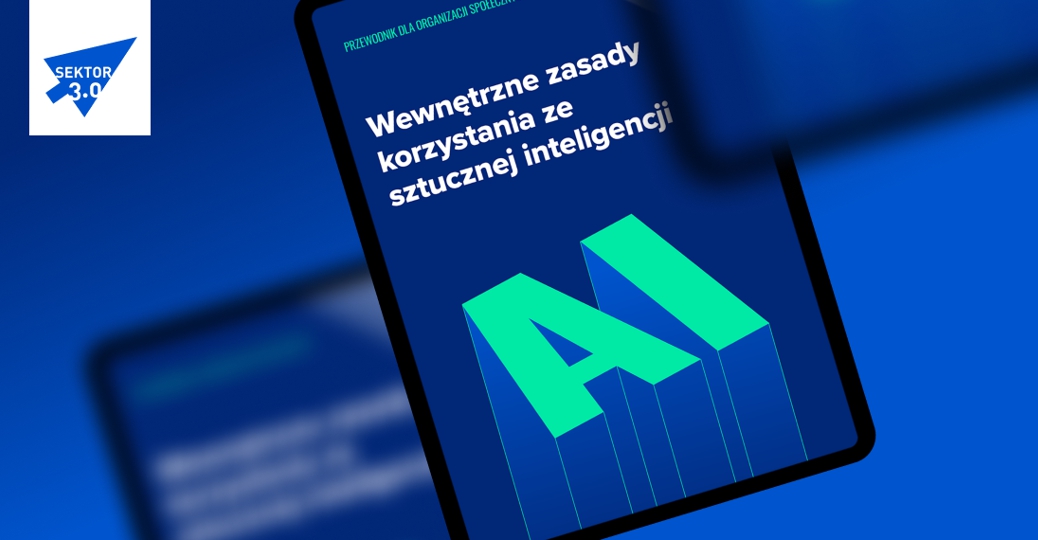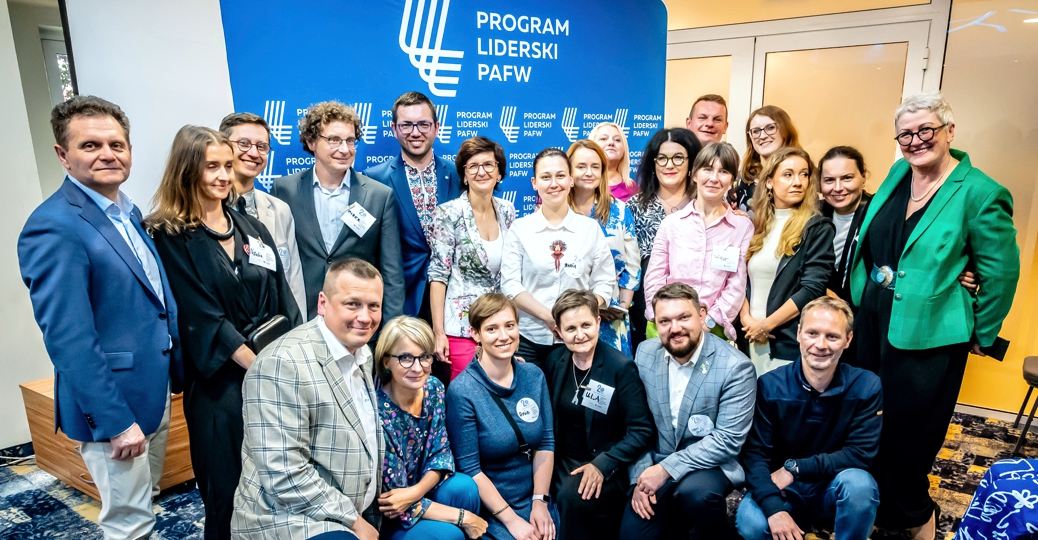On the basis of the pilot educational project, run as part of the “Sector 3.0” program and aimed at training representatives of local organizations, some shared experiences and conclusions were drawn that can be useful for the whole sector. You may download that publication for free.
Artificial Intelligence (AI) can significantly improve activities through automation of processes and thus increase work efficiency. However, the success of AI implementation depends on an employee’s skills and proper identification of the key areas of AI application.
AI pilot project for organizations
“In February 2024 we launched a pilot project aimed at introduction of local organization representatives into the artificial intelligence world. Joining hands with DELab UW, Campus AI and Google, we organized a series of hybrid training sessions, collected the experiences gained in earlier application of AI, and prepared recommendations which we published in a short form,” “Sector 3.0” Program Director Dr. Dawid Szarański says.
They invited representatives of organizations cooperating with Polish-American Freedom Foundation to take part in the project. The participants were developing their skills, testing AI application in their specific organizations, and sharing their experiences. Various experiences of participants allowed us to look at the issues from various perspectives. We considered such facts as positions held by them, areas of organization operations, and the specificity of a given organization. That allowed diagnosis of the needs, possibilities, and challenges related to AI application in non-profit sector. The result of all those experiences and analyses took the form of a publication titled “Artificial Intelligence In Local Organizations Activities. Conclusions And Recommendations”, available as a free e-book.
Pilot project conclusions and recommendations – download now!
“As artificial intelligence becomes more and more available and integrated into everyday processes of managing an organization, education and change of attitudes towards technology become critical. Our effective use of AI depends not only on available tools but first of all on our ability to permanent learning and adaptation. In face of AI democratization, individual motivation to learn and develop new skills is more and more responsible for the use of AI potential,” says UW Prof. Katarzyna Śledziewska, the DELab UW Managing Director.
That publication:
- Contains the conclusions of analyses presenting the current state of AI application by organizations,
- Indicates areas where AI application can bring best advantages to local organizations, Contains practical advice on how to introduce AI in local activities, and what shall we pay special attention to,
- Presents recommendations of experts specialized in artificial intelligence,
- Presents extra added educational materials on AI applications in local activities.
At the same time, the recommendations are an introduction to a broad debate and an attempt to make order in observations collected to date. They can be taken as a road map. But since the roads can be different, we may find ourselves at various turning points, and each of us can head to a different destination. Subscribe to our newsletter and download a free e-book with conclusions and recommendations resulting from our pilot program.




























